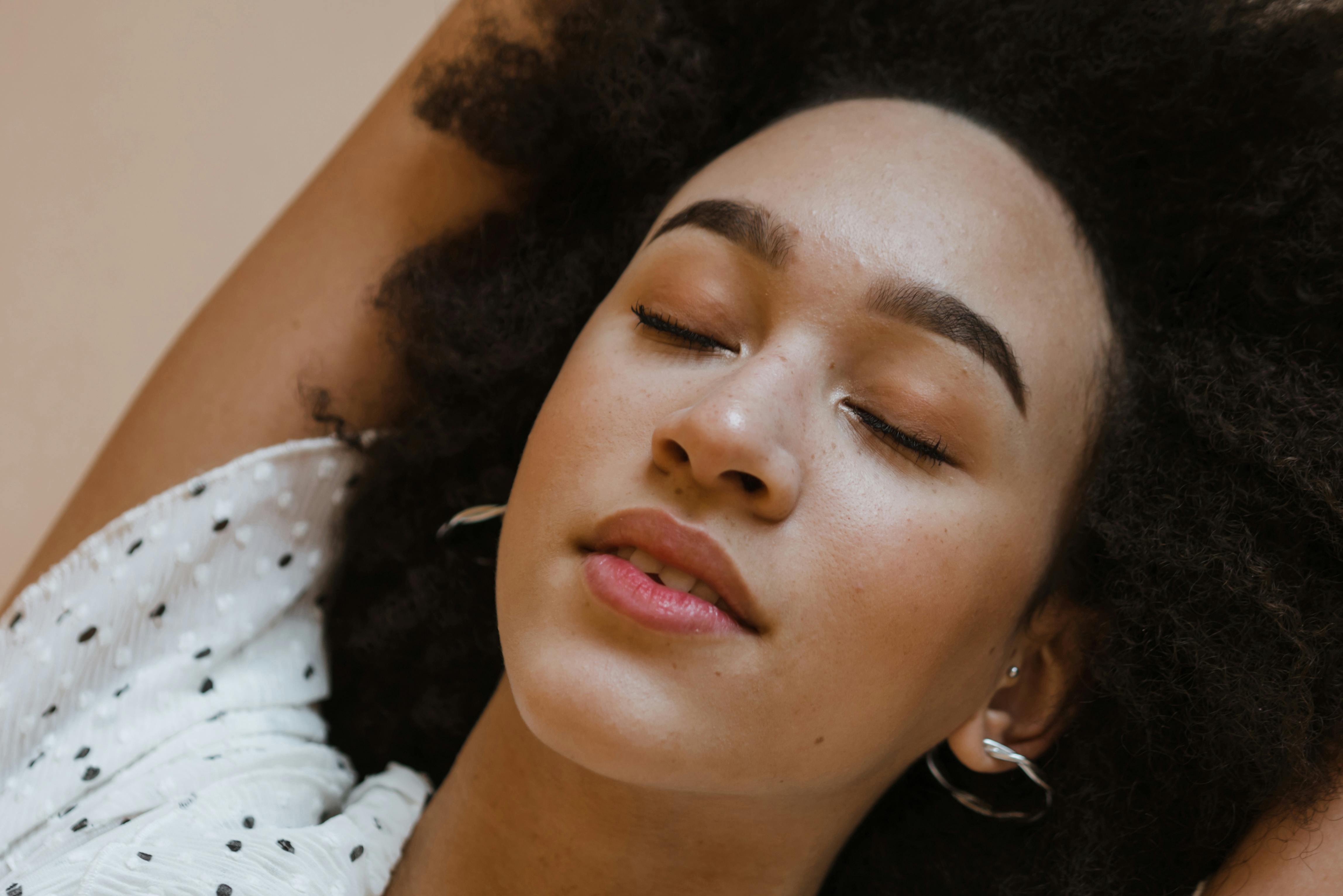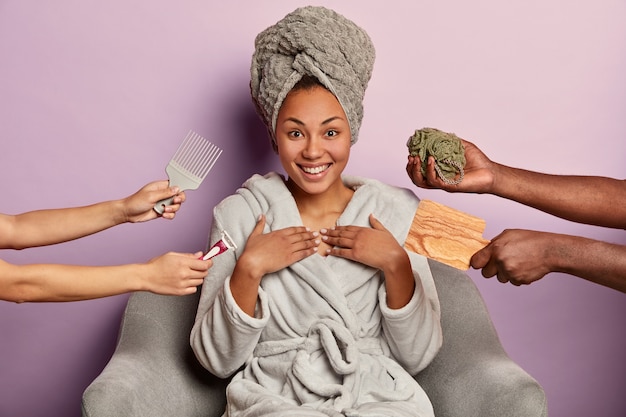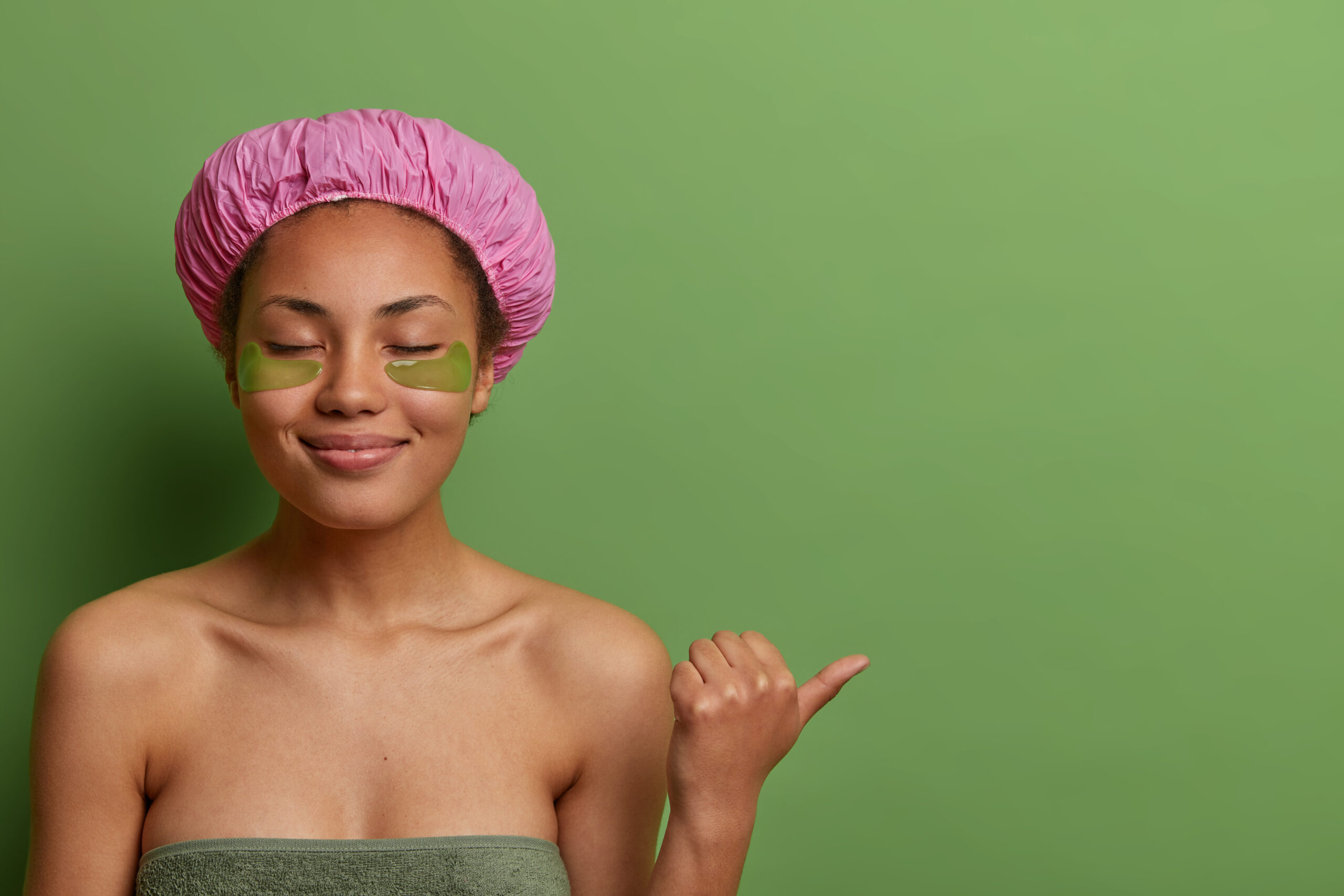
Dear Naturalist, have you heard about a hair care routine before? What comes to mind when you hear of it?
One more question……….. Do you have a haircare routine?
I bet the lazy naturalists are about to get defensive.
No worries, dear, I am not here to lash you. I am all for peace today. If you’ve forgotten or are unaware of the benefits of having a hair care routine, keep reading to learn and relearn.
What is a Hair care Routine?
A hair care routine is everything you do, including the steps taken and products used to cleanse, condition, style, and generally care for your hair. It involves all the activities you carry out on your hair for the overall thriving of your hair.
Based on our differences and specific hair characteristics (such as hair type, texture, density, length, porosity), our hair care routines may be different. You may not do exactly what I do, but it doesn’t mean you’re doing the wrong thing.
While it is true that we can have different hair regimens for our specific hair needs, a basic hair care routine should include all or some of the following:
- Shampooing
- Conditioning
- Deep Conditioning
- Moisturizing
- Detangling
- Stretching
- Styling
- Protective Styling
- Regular trims, etc.
Let’s Talk about Wash days

For many Naturalists, Wash days are the scariest of days. They simply don’t want to even think about everything involved in having a proper wash day, and they procrastinate until they skip their hair wash days!
I agree that we may not always be motivated to care for our hair, and sometimes we can be lazy and postpone what we are supposed to do, but we must realize that our wash day is significant and it occupies a large chunk of our entire hair care routine.
Looking at the activities I listed above for a good hair care routine, you’ll realize that about 80% of them can and should be done on your wash days. The following are the activities that must be carried out on wash days:
Shampooing
This is always the first thing in any hair care routine. Shampooing is the process of cleansing your hair and scalp from dirt, oils, and products built up using a suitable shampoo. Choose a shampoo suitable for your hair type and specific hair needs for maximum benefits.
We have moisturizing shampoos (for enhancing moisture in the hair), clarifying shampoos (for removing product build up on the hair), volumizing shampoos, etc.
Also when shampooing, it is important to focus more on your scalp than your strands. Wash your scalp gently but thoroughly to remove all dirt and product buildup.
Deep Conditioning
After shampooing, the very next step that should follow is deep conditioning. This involves applying a deep conditioner or hair mask to your hair for extra moisture, nutrients, and deeper penetration of products.
Deep conditioning is essential as it helps to make your hair more manageable, reducing breakage and frizz, and making it more manageable.
We have different types of deep conditioners for different hair needs and purposes. We have the protein based deep conditioner (opt for this if you have high porosity hair), and also the moisture based deep conditioner (good for ladies with low porosity hair). In any case, there should be a balance between protein and moisture in your hair for its optimum health. If you must skip anything on your wash day, it should not be deep conditioning.
Moisturizing
This involves the conscious effort of applying moisture to your hair. Moisture can be in the form of water, Leave-in conditioners, hair butters, creams, and oils.
We have a large variety of these moisturizing items; choose what works best for your hair.
Moisturizing can also be done using the LCO (liquid, cream, and oil) or the LOC (liquid, oil and cream) method. Personally, the LCO method works best for me. Experiment and know what your hair likes.
Detangling

4c hair, due to its nature, is very prone to tangles and knots. It is very coily, so you must learn how to detangle your hair properly.
As a 4c Naturalist, you have no business detangling your hair with a rat tail comb, except you’re on an unannounced mission to break your hair. Learn to detangle the right way, using a wide tooth comb, starting from the ends (tips) of your hair, working all the way to the roots.
Protective Styling
After you have washed and moisturized your hair, it’s important that you keep the hair in a protective style. Just as the name implies, it involves putting the hair in hairstyles that protect the health of the hair.
How often should I wash my hair?

This is our main focus for today, and we will talk about it immediately. The subject of how often one should wash his/her hair is relative, and one rule cannot work for everybody. Let’s take bathing as an example. Ideally, we are meant to take our baths 2-3 times daily. But then, for one reason or the other, we may choose to take our baths more or less often than that simply because of factors such as physical activities, weather conditions, etc.
The same thing applies to your hair. How often you wash your hair depends on you and your hair characteristics. In this article, we will talk about the factors that should influence how often you wash your hair, and also provide tips for creating a washing routine that works best just for you.
Are you excited about that? Read along.
Factors that influence how often you should wash your 4c hair

Scalp condition
The health of your scalp plays a significant role in determining how often you should wash your hair. If you have a dry or itchy scalp, you may need to wash your hair more frequently to remove buildup and soothe irritation.
If your hair is prone to dandruff, you should definitely wash your hair more often. Probably once every week. This will help you to take care of your scalp.
Conversely, if you have a healthy scalp, you may be able to go longer between washes.
Activity Level
Your level of physical activity can impact how often you need to wash your hair. If you engage in regular exercise or activities that exposes you to dust and causes you to sweat heavily, you may need to wash your hair more frequently to remove sweat and prevent odor buildup.
The more physical activities you engage in, the more frequently you should wash your hair.
Product Buildup
If you are someone who likes to make lots of sleek-looking hairstyles using gel, you will understand this point very well. When you use so much gel on your hair after a few days, don’t you notice flakes and products build up on it? Those products need to be washed out.
The products you use on your hair can also affect how often you need to wash it. Using heavy oils, gels, and styling creams can cause build-up on the hair and scalp over time, necessitating more frequent washing to maintain cleanliness.
If you don’t use so much products, you may not wash your hair as often.
Moisture Retention
Some people think that washing of the hair helps to moisturize the hair. In most cases, this is not true. Washing helps to strip the hair of dirts, oils, and moisture.
Since 4C hair tends to be drier than other hair types, it’s essential to balance washing frequency with moisture retention.
Over-washing can strip the hair of its natural oils, leading to dryness and breakage. Finding the right balance is key to keeping your hair clean and hydrated. If your hair does not have moisture retention abilities, then don’t wash too often. Your hair may soon become dry and brittle.
Protective Styling
If you frequently wear protective styles such as braids, twists, and extensions, you may be able to go longer between washes. This is because these hairstyles can help protect your hair and scalp from external elements. This doesn’t mean you should go on for months without washing your hair.
In conclusion, there is no universal law regarding how often you should wash your 4C hair. It depends on various factors. You can create a washing regimen that promotes clean, healthy, and moisturized hair by listening to your scalp, using gentle products, deep conditioning regularly, and adjusting your routine as needed. Don’t be afraid to experiment to find what works best for your hair.











